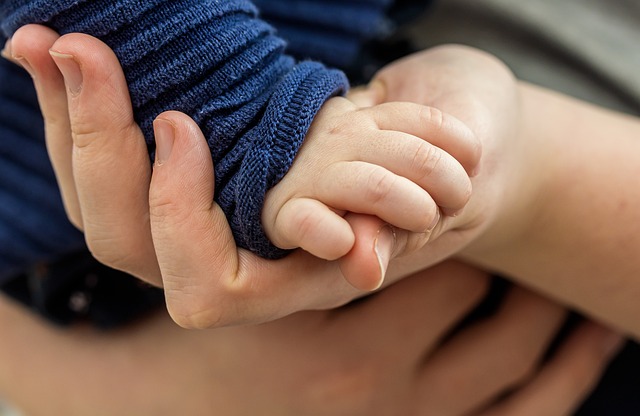Navigating family involvement in faith-based courtship
Family often plays an active role in faith-based courtship, shaping introductions, expectations, and support systems. This article outlines practical ways singles and families can communicate, evaluate compatibility, and balance religious practices such as halal dating with personal autonomy. It highlights community resources, respectful boundaries, and shared decision-making to help families and individuals move toward marriage with clarity and mutual respect.

Family involvement in faith-based courtship can be both a source of guidance and a point of tension. Clear communication, agreed boundaries, and a shared understanding of religious principles help keep the process constructive. Whether families prefer traditional matchmaking or more contemporary introductions, balancing community input with the autonomy of singles supports healthier outcomes and stronger foundations for marriage. This article explores practical steps families and singles can take to honor spirituality while assessing compatibility and commitment.
What role does faith play in courtship?
Faith often provides the ethical framework and priorities for courtship. Religious beliefs influence expectations about halal behavior, appropriate boundaries, and the intended purpose of relationships—marriage rather than casual dating. For many, spirituality informs not only what is permissible but also the qualities sought in a partner, such as shared values, prayer practices, and community involvement. When faith is central, discussing long-term religious goals early helps both parties and their families evaluate compatibility on substantive matters.
How does halal practice shape matchmaking?
Halal principles shape how introductions and interactions take place, guiding who can mediate introductions and what forms of communication are acceptable. Matchmaking can occur through family networks, community organizations, or online platforms that respect religious guidelines. Keeping encounters chaperoned, limiting one-on-one private settings where preferred, and involving family members or trusted mentors are common practices. These measures aim to protect modesty while allowing honest conversations about intentions and compatibility.
How can family influence assessments of compatibility?
Families often assess potential partners based on cultural fit, reputation, education, and the ability to fulfill communal roles. While this perspective brings experience and context, it can sometimes clash with an individual’s personal priorities. Constructive family influence happens when relatives describe their concerns and expectations without making unilateral decisions. Creating a dialogue that lets singles articulate their own criteria for compatibility — such as communication style, life goals, and religious commitment — helps families contribute insightfully without overriding personal agency.
What community resources support singles and families?
Local services, faith centers, and community organizations frequently offer matchmaking assistance, premarital counseling, and educational workshops on relationships and halal practices. Imams, counselors, or experienced elders can provide mediation and guidance that balances tradition with contemporary realities. Community events for singles and family networking allow introductions that respect religious norms while expanding options beyond immediate social circles. These resources can also help resolve conflicts, set expectations, and prepare couples for the practical and spiritual aspects of marriage.
How to maintain communication and commitment during courtship?
Open communication about intentions, timelines, and boundaries reduces misunderstandings and builds trust. Families and singles should agree on how involved relatives will be, what topics are private, and how decisions will be made. Honest conversations about finances, education, career plans, and child-rearing expectations are important early on. Commitment is not only an emotional promise but also a practical alignment on responsibilities and shared values; discussing these matters before formal engagement clarifies mutual readiness for marriage.
How can spirituality be balanced with personal choice?
Balancing communal and personal perspectives involves mutual respect and the willingness to listen. Spirituality offers shared language and priorities, while personal choice ensures that the people entering marriage are genuinely compatible. Encouraging independent conversations between the prospective partners, with families providing support rather than control, creates space for authentic connection. When differences arise, consulting trusted faith leaders or counselors who understand both doctrinal and individual considerations can help find respectful compromises.
Conclusion Family involvement in faith-based courtship can strengthen the path to marriage when framed by clear communication, respect for halal practices, and attention to compatibility. By combining community wisdom with individual autonomy, families and singles can navigate matchmaking and commitment in ways that honor spirituality and practical needs. Thoughtful boundaries, community resources, and honest dialogue contribute to more stable, faith-aligned partnerships.






